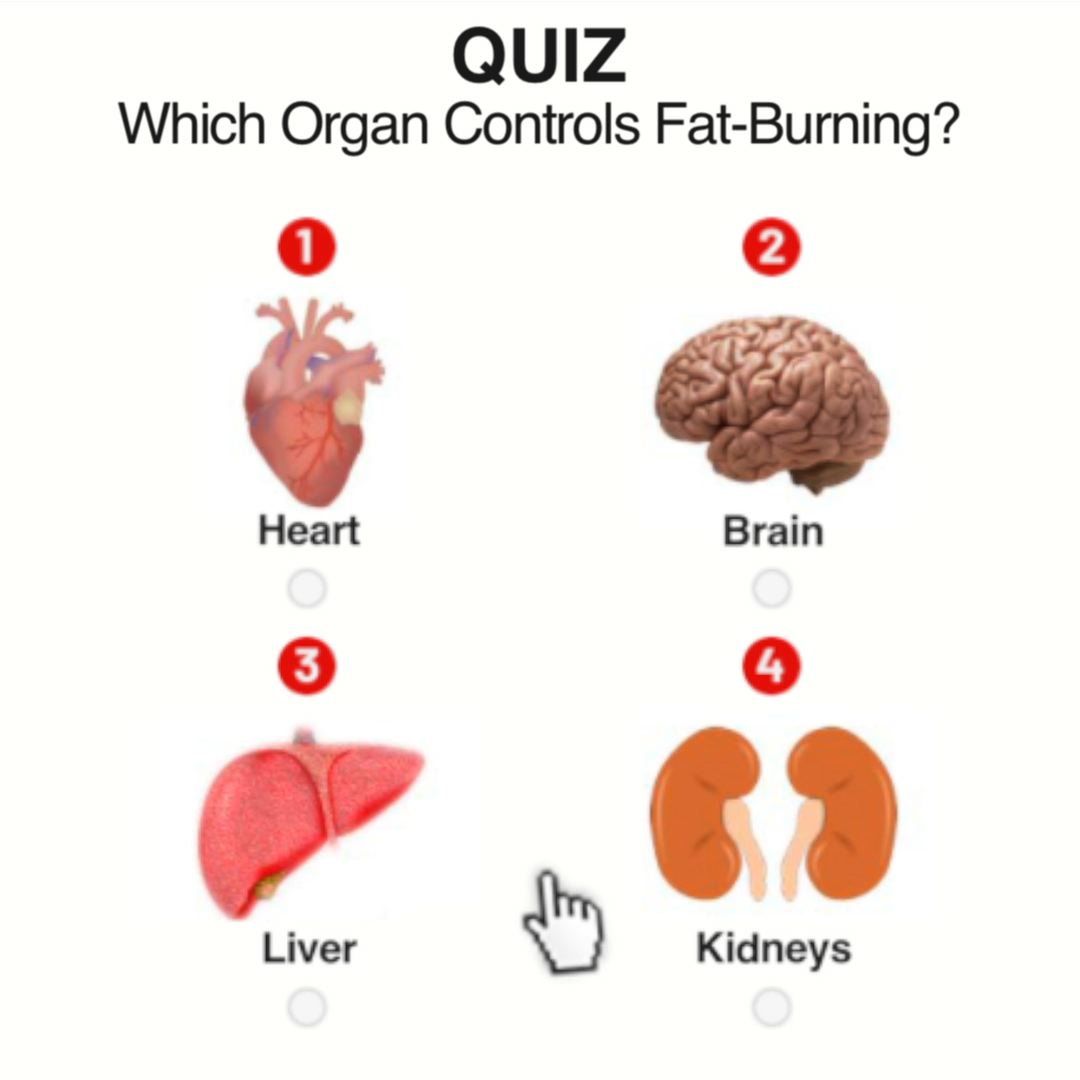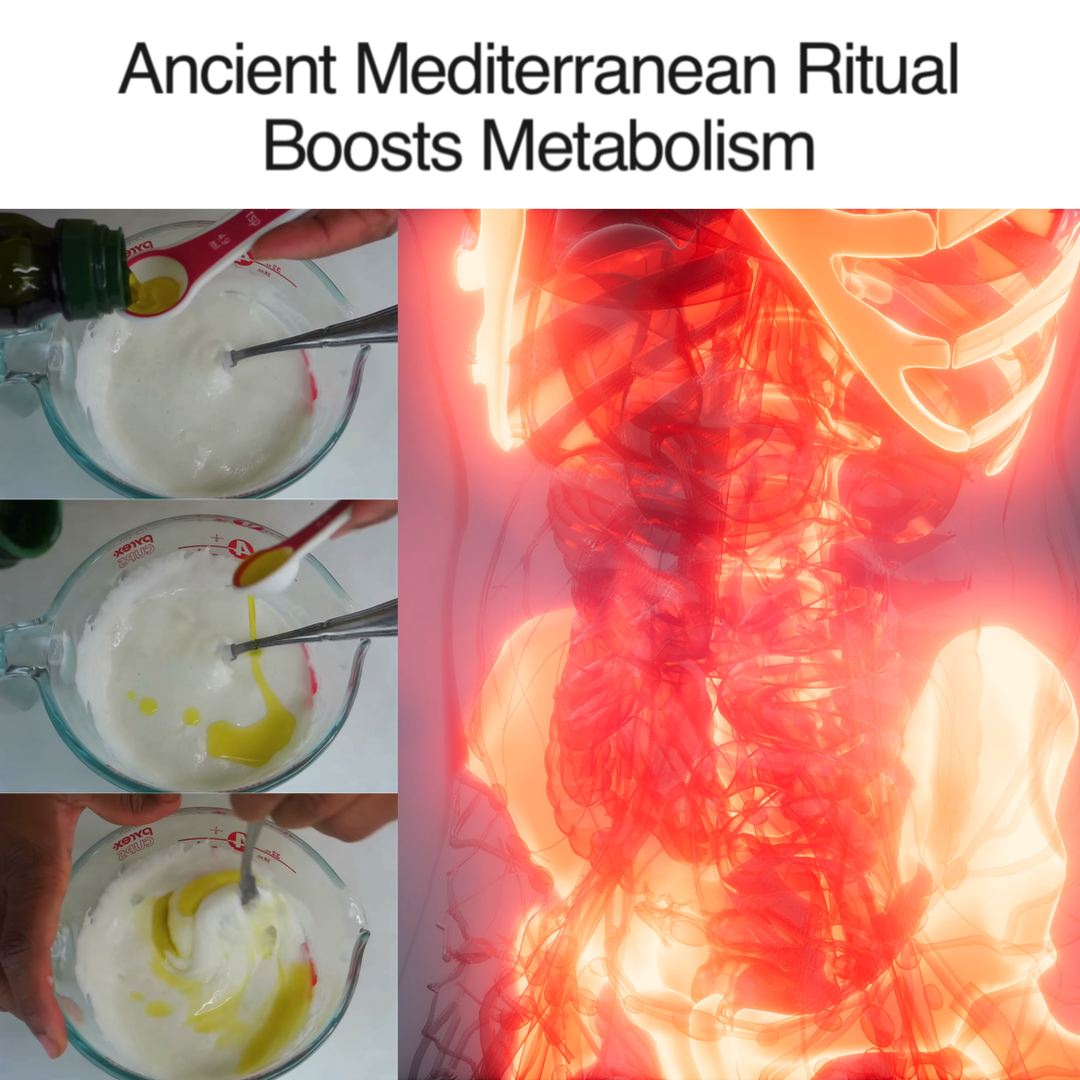
The keto diet has surged in popularity as a weight loss solution, promoting a high-fat, low-carb approach. While many swear by its effectiveness, recent research suggests that the keto diet might not be as heart-healthy as it’s often portrayed. Here are ten reasons why the keto diet may harm your heart.
1. High Saturated Fat Content
The keto diet emphasizes high-fat foods, which often include significant amounts of saturated fats. Foods like butter, cheese, and red meat are staples in this diet. Saturated fats can raise levels of LDL cholesterol, commonly known as “bad” cholesterol, which is a major risk factor for heart disease.
2. Elevated Cholesterol Levels
Following the keto diet can lead to increased levels of LDL cholesterol. High LDL cholesterol can build up in the walls of your arteries, creating plaques that narrow and harden the arteries. This can lead to serious heart problems, including heart attacks and strokes.
3. Nutrient Deficiencies
The restrictive nature of the keto diet often results in nutrient deficiencies. Important nutrients like potassium, magnesium, and fiber, which are crucial for heart health, are found in fruits, whole grains, and legumes — foods typically limited in the keto diet. These deficiencies can affect your heart’s overall function and health.
4. Increased Inflammation
A diet high in saturated fats and low in fruits and vegetables can increase inflammation in the body. Chronic inflammation is a known contributor to the development of heart disease. The keto diet’s emphasis on fatty foods may thus lead to higher levels of inflammation, adversely affecting heart health.

5. Reduced Intake of Heart-Healthy Foods
The keto diet restricts the intake of many heart-healthy foods, such as fruits, whole grains, and legumes. These foods are rich in antioxidants, fiber, and essential nutrients that support heart health. By limiting these foods, the diet can deprive the heart of essential nutrients needed to maintain its health.
6. Potential for Arrhythmias
Electrolyte imbalances are common on the keto diet due to the restriction of fruits and certain vegetables that are high in potassium. Potassium, magnesium, and sodium are crucial for maintaining a regular heart rhythm. Imbalances in these electrolytes can lead to arrhythmias, which are irregular heartbeats that can be dangerous.
7. Weight Loss Concerns
While the keto diet can lead to rapid weight loss, this can put significant stress on the heart. Rapid weight loss can lead to the loss of lean muscle mass, including heart muscle. Additionally, the sustainability of the diet is questionable, and many people regain weight once they stop following the strict regimen, which can stress the heart further.
8. Lack of Long-Term Research
The keto diet has gained popularity relatively recently, and there is a lack of long-term research on its effects on heart health. Most studies have focused on short-term outcomes, and more research is needed to understand the long-term implications of following a keto diet, particularly for heart health.
9. Increased Risk of Atherosclerosis
Due to its high fat content and potential to raise LDL cholesterol levels, the keto diet can increase the risk of atherosclerosis. Atherosclerosis is the buildup of fats, cholesterol, and other substances in and on the artery walls, which can restrict blood flow and lead to serious cardiovascular events.
10. Alternatives to Keto
There are other diet options that are considered more heart-healthy than the keto diet. Diets like the Mediterranean diet, which emphasizes fruits, vegetables, whole grains, and healthy fats, or the DASH diet, designed to combat high blood pressure, provide balanced nutrition and have been proven to support heart health without the restrictive nature of the keto diet.
While the keto diet may offer quick weight loss results, it poses several risks to heart health that should not be overlooked. High saturated fat intake, nutrient deficiencies, and the potential for increased inflammation are significant concerns. Before starting any new diet, especially one as restrictive as the keto diet, it’s crucial to consult with healthcare providers to ensure it aligns with your overall health goals and needs.














